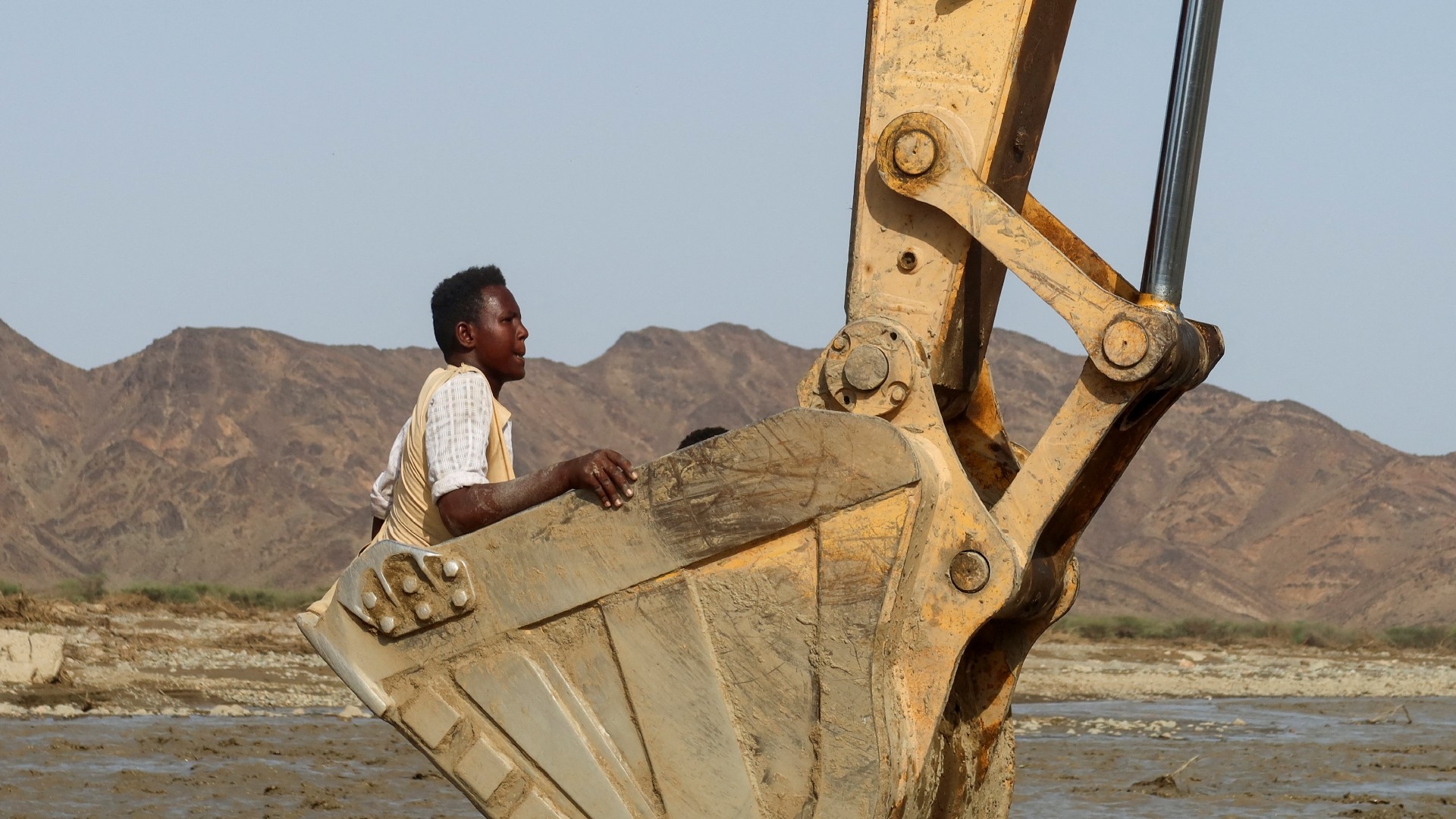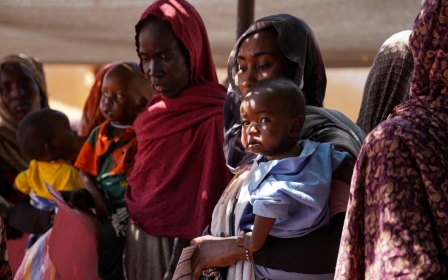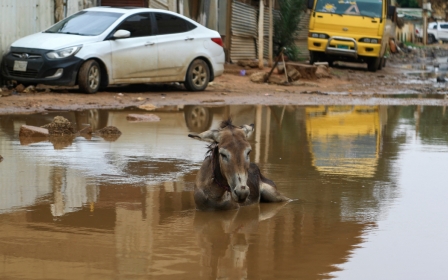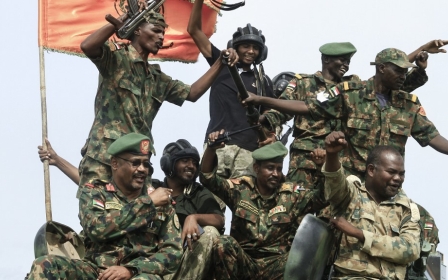Sudan: Dam bursts killing 30 and destroying thousands of homes

At least 30 people have been killed, and the homes of 50,000 people damaged or destroyed after surging waters burst a dam in eastern Sudan, the UN has said.
The Arbaat dam, which sits 40km north of Port Sudan, the country’s main Red Sea port, collapsed amid torrential rains, engulfing at least 20 villages.
The head of the water authority, Omar Eissa Haroun, described the area as “unrecognisable” in a Whatsapp message to his staff, adding that the deluge destroyed electricity and water pipes.
A first responder cited in the Guardian said that between 150 and 200 people were missing, while Sudanese news outlet Medameek reported that over 100 people were missing and that many had fled to rocky hilltops to escape the flooding.
A local resident quoted by Al Jazeera reported that many remain trapped in vehicles in the floodwater, including “seven lorries carrying families, elderly and children”.
New MEE newsletter: Jerusalem Dispatch
Sign up to get the latest insights and analysis on Israel-Palestine, alongside Turkey Unpacked and other MEE newsletters
The UN said that the flooding has damaged the homes of around 50,000 people, adding that this figure does not account for the destruction inflicted on the area east of the dam, as it is currently inaccessible.
The dam was the main source of drinking water for Port Sudan, the hub for the country's badly needed aid deliveries.
An intense rainy season causing intermittent torrential flooding has wrought devastation in a country which is already reeling from 16 months of civil war and famine.
Flooding occurs annually in Sudan, but the ongoing conflict which has pushed millions of displaced people into flood zones is expected to amplify the damage and casualties.
According to the health ministry, at least 132 have died as a result of the heavy rains and flooding this year, saying that 10 states and over 30,000 families have been affected.
The World Health Organisation reported that cholera cases since June have surged to 11,327 with Sudan's Health Minister Haitham Ibrahim citing "climatic conditions and water contamination" as factors driving the epidemic.
The war between the paramilitary Rapid Support Forces (RSF), led by General Mohamed Hamdan Dagalo, better known as Hemeti, and the Sudanese Armed Forces (SAF), headed by General Abdel Fattah al-Burhan, began on 15 April last year.
Middle East Eye delivers independent and unrivalled coverage and analysis of the Middle East, North Africa and beyond. To learn more about republishing this content and the associated fees, please fill out this form. More about MEE can be found here.





